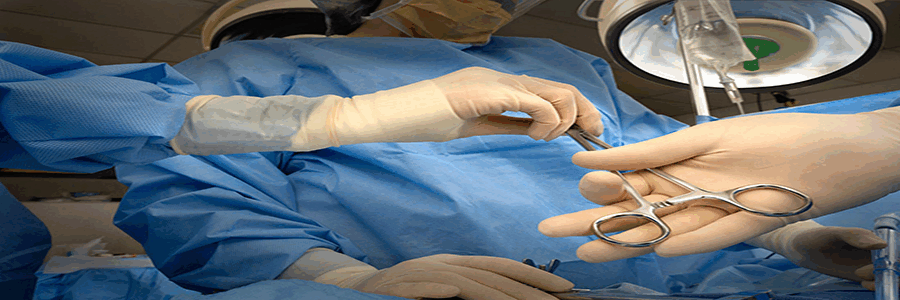As an indispensable medical consumable in surgical procedures, the choice of surgical towel materials has a direct impact on surgical safety and medical costs. With the upgrading of medical technology and the tightening of environmental protection policies, the innovation of surgical towel materials has become the focus of the industry. This article from the material characteristics, international certification, procurement points and other dimensions, to provide a scientific decision-making basis for medical institutions.
I. Three core performance indicators of surgical towel materials
Water absorption
The ideal surgical towel needs to absorb ≥500ml of liquid within 30 seconds, and high-density cotton fibre is still the mainstream choice.
Antibacterial
Silver ion coated material reduces bacterial survival by 99.2%.
Environmental protection
The new EU regulation in 2023 requires that the proportion of recycled fibres in surgical towel materials be ≥40%, and promotes the application of biodegradable PLA (polylactic acid) materials
II.4 types of mainstream surgical towel materials compare their characteristics
Type of materia
|
Advantages
|
Limitations
|
Applicable scenarios
|
Cotton textile
|
Breathable and fast liquid absorption rate Easy to flocculate
|
easy to be damaged by repeated sterilisation
|
Routine surgical procedures
|
Spunlace nonwoven fabric
|
No fibre shedding, good anti-penetration properties
|
Degradation cycle up to 5 years
|
Infection control surgery
|
SMS composite material
|
Hydrostatic pressure resistance up to 120cmH2O
|
Cost 30% higher than traditional materials
|
Minimally invasive laparoscopic surgery
|
Bamboo fibre blend
|
Naturally anti-bacterial, carbon footprint reduced by 60%
|
Lower absorbent capacity
|
Ambulatory outpatient disposable
|
III. Global certification system and material selection criteria
ISO 13485 certification: to ensure that the material production process is in line with the quality management specifications for medical devices
OEKO-TEX® CLASS 1: Baby grade eco-textile certification, eliminating 328 harmful substances
IV. How to choose the right surgical towel material?
There are several key factors to consider when choosing the right surgical towel material:
1. Type and duration of surgery
Different types of surgeries require surgical towels with different properties. For example, long and complex surgeries require durable and absorbent materials, while short surgeries can be performed with lightweight and comfortable cotton surgical towels.
2. Asepticity requirements
As a medical consumable, the sterility of surgical drapes is of paramount importance. When choosing a material, ensure that it provides sufficient antimicrobial properties to prevent bacterial infection.
3. Patient comfort
In some special surgeries, such as dermatoplasty or ophthalmic surgery, patient comfort is very important. In this case, soft and breathable surgical towel materials should be chosen to avoid discomfort to the patient.
4. Cost-effectiveness
Cost is also an important consideration for hospitals when choosing surgical towel materials. Although cotton surgical towels may be relatively inexpensive, nonwoven or composite materials are more durable under high-intensity use and can better control long-term procurement costs.
v.conclusion:future development of surgical towel materials
With the development of medical technology, the continuous innovation of surgical towel materials has also pushed forward the progress of the entire medical industry. In the future, more biodegradable, antimicrobial and more comfortable surgical towel materials are expected to enter the market as environmental awareness increases and technology advances.
Suggested internal link:
Read more about environmentally friendly products in our article: Applications for Biodegradable Medical Products.


